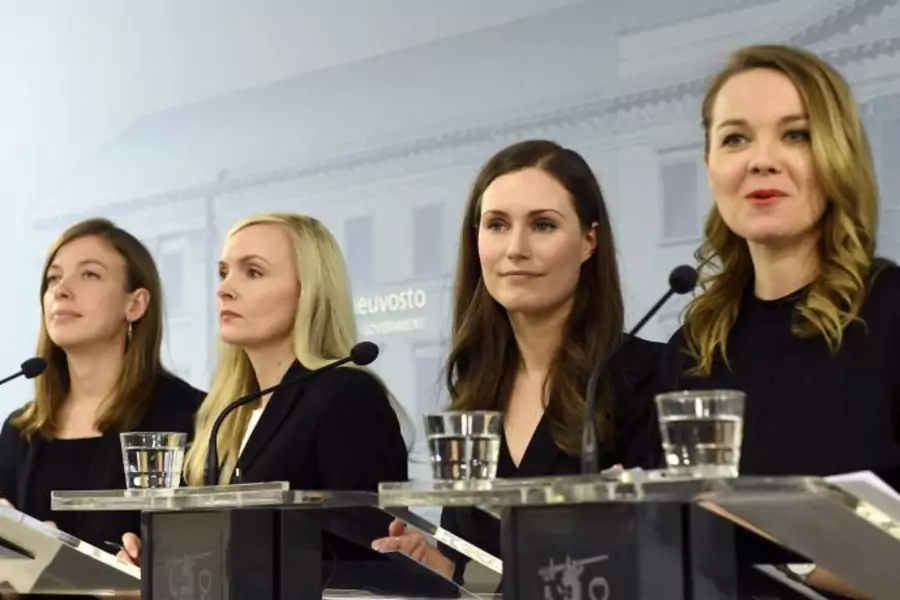The Best Foreign Policy Puts Women at the Center

In 2014, Margot Wallström, then serving as the foreign minister of Sweden, proclaimed that the Swedish government would adopt a so-called feminist foreign policy, becoming the first nation ever to do so. Since then, Canada, France, and Mexico have followed suit, and a handful of other nations—most recently, Luxembourg, Malaysia, and Spain—have pledged to develop similar policies.
In each of these countries, the announcements have provoked questions among foreign policy experts. What, exactly, do these policies set out to achieve? At a time of rising global activism for gender equality, what does it mean to conduct foreign policy from a feminist perspective? And in an era of economic uncertainty, is a focus on gender equality an unnecessary distraction?
More on:
Evidence from recent studies suggests that the status of women is closely aligned with a country’s prosperity and security. In this respect, promoting gender equality as a foreign policy priority seems like common sense. Closing the gender gap in workforce participation could add as much as $28 trillion to the global GDP. Ensuring women’s meaningful participation in peace processes makes agreements more likely to last and be implemented. The more women there are in a country’s parliament, the lower the incidence of human rights abuses and conflict relapse. Equalizing access to agricultural resources for women could result in 150 million fewer hungry people on the planet. The bottom line: research confirms that nations seeking to fortify their own security, better use foreign aid, or support stable and democratic partners should prioritize women’s advancement.
Read the full article in Foreign Affairs>>
More on:
 Online Store
Online Store